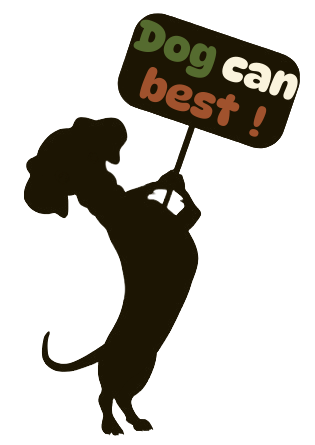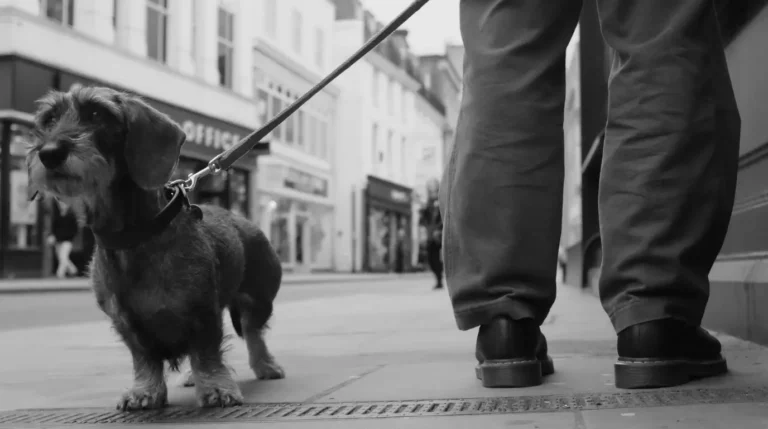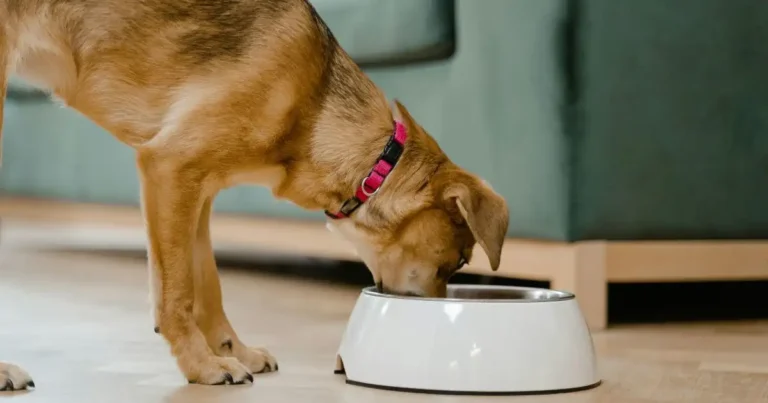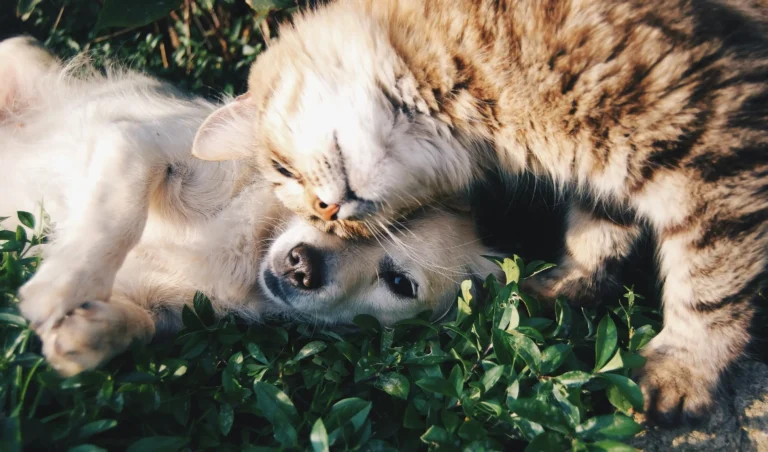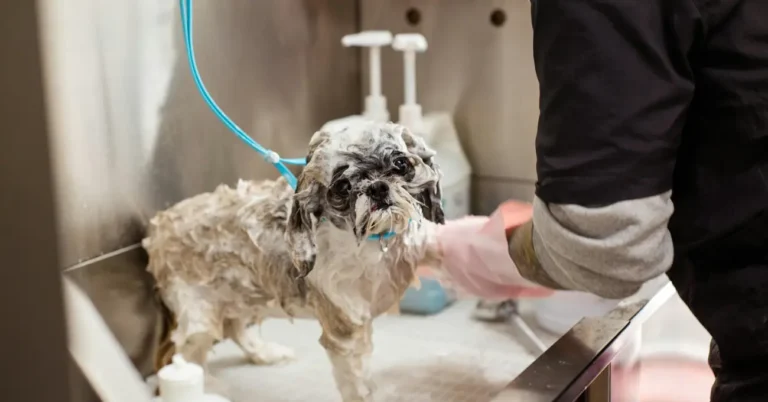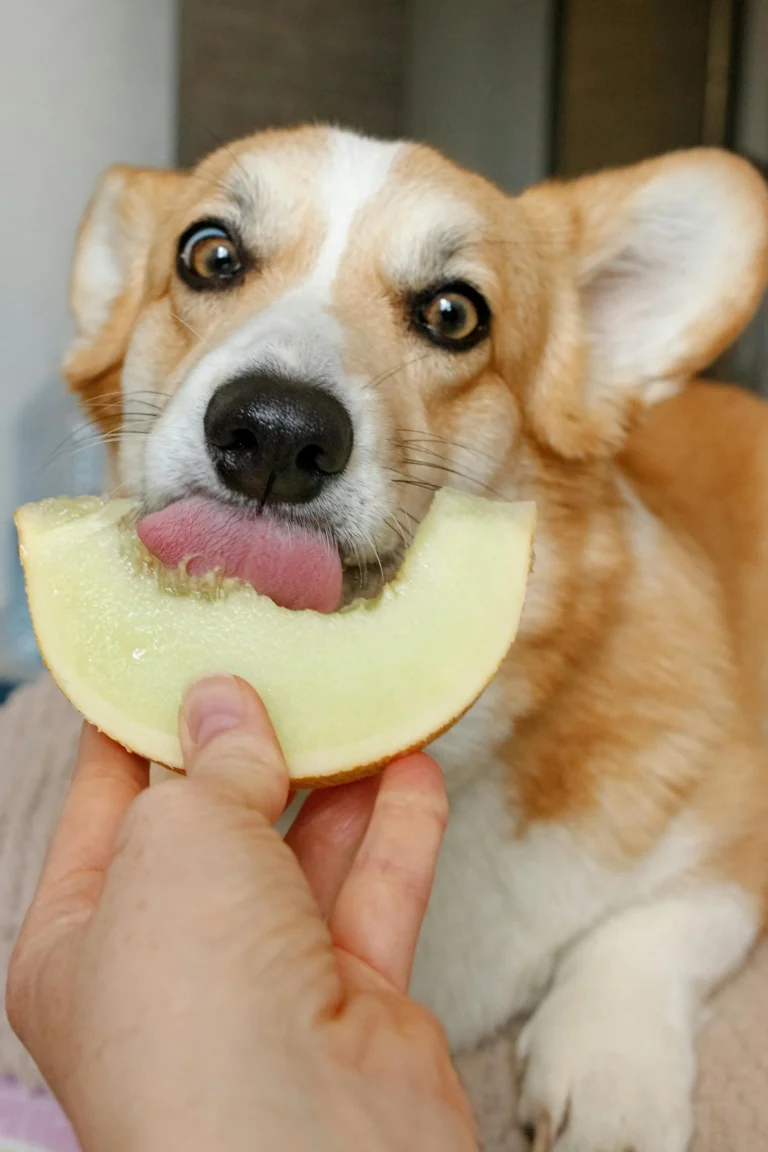Pomeranian Puppy: 5 Secrets to Raising a Happy & Healthy Dog
Are you asking yourself how to raise a Pomeranian puppy that is happy and healthy? Pomeranians are charming and clever, but they come with the package of having specific needs to maintain their well-being, Whether you’re a new Pom parent or simply looking to feng shui the way you care for them, Within this article you’ll find five keys to ensure your Pomeranian flourishes into a well rounded and happy companion. You have a place to land with tried and true dog training methods to help you and your Pomeranian have a fun experience along the way.
The Required Ingredients for Raising a Happy PomeranianTo raise a Pomeranian puppy, just like any recipe, you need a good recipe of ingredients.
Table of Contents
Here’s the ideal “ingredients” to raising a well rounded Pomeranian.
Proper Nutrition: quality small breed puppy chow that is high in both protein and healthy fat content.
Training and Socialization: get them used to training early to avoid being undesirable and behaving poorly.
Exercise and Play: you will need to keep them mentally and physically stimulated to a new and ever changing level of high arousal Grooming Routine: daily brushing, dental hygiene, and a weekly bath if needed.
Veterinary Care: take their health seriously, and get them routine check-ups and vaccinations.
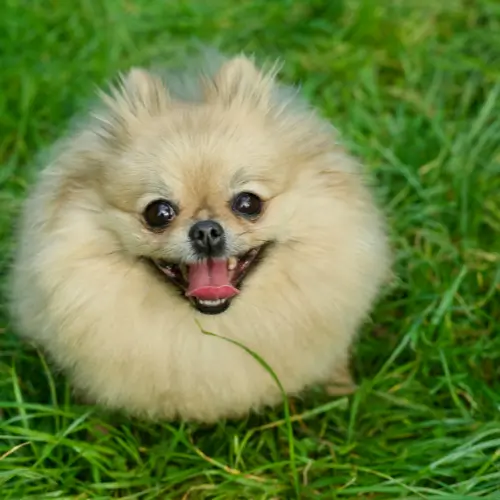
Timing:
When to Start Essential Training & Care Routines When you are raising a Pomeranian puppy, timing is always important! Here’s a short summary when some of the elements of care should be introduced.
8-12 weeks: Start house training, socializing, and teaching basic commands.
12-16 weeks: Incorporate leash training and start reinforcing positive behaviors.
4-6 months: Begin a regular grooming routine and take care of vaccinations.
6 months: Continue with training, exercise your dog further, and start teaching commands beyond basic ones.
How to Raise a Pomeranian?
Step-by-Step
1. Provide Quality Nutrition Choose puppy food for small breed dogs that emphasizes animal protein, omega-3 fatty acids, and essential vitamins to help your puppy grow at their maximum potential.
2. Start Training Early Use positive reinforcement, with treats and praise to encourage good behavior. Teaching your puppy essential commands, like sit, stay, and come will help them become a well-behaved pet.
3. Socialize your puppy with people & pets. Your puppy needs to experience many different sounds, environments, and people. Properly socializing will prevent your dog from becoming fearful of potentially threatening experiences, and avoid anxiety and fear-based aggression behaviors.
4. Create a Regular Grooming Schedule Pomeranians have a thick double coat that matts easily if not groomed frequently. So it is important for your puppy to have a regular grooming schedule: brushing, bathing, and nail trimming needed to maintain a healthy coat.
5. Be Proactive with the Veterinarian Take your puppy to the veterinarian for vaccinations, de-wormers, health checks, and follow-ups. Be proactive to ensure you monitor for Pomeranian specific health-related concerns (e.g., general dental issues, or luxating patella).
The Puppy Nutrition NeedsAll dogs need a well-balanced diet to promote healthy growth.
What your Pom puppy needs include?
High-quality protein from sources such as chicken, turkey or fish.Healthy fats, for coat health, from sources such as salmon oil or coconut oil.
DHAs and Omega-3 fatty acids for brain development.Calcium and phosphorus for bone growth.
Healthier Ingredients for Common Pomeranian Care Mistakes As a new owner, you might make many mistakes regarding your Pomeranian and her general care.
Healthier alternatives:
Many owners will overfeed their new puppy treats can lead to tummy aches.
Instead of overfeeding high-caloric treats, consider using low-caloric, nutritious treats.
Many new owners will start training a little too late.
Many owners think they have to wait until their puppy is older. Instead, start training before 8-week-old puppies. Many new owners do not think grooming is necessary. In fact, grooming a Pomeranian puppy should be done at least 3-4x times per week. Fun + Engaging Activities for Your Pomeranian Pomeranians love to play and explore.
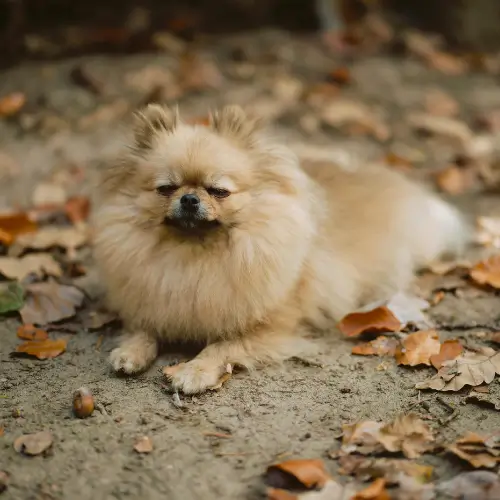
Engaging your Pom puppy includes:
Giving your puppy interactive toys like puzzle feeders. Taking care of your puppy by taking short exercised walks take a nice 15-20 minute walk daily.
8-12 week old puppies cannot walk as long as your 12 adult pom puppy will but you can alter the time if needed, say 6-8 minutes at the toddler stage.
You can play hide & seek indoors to interactive during cold/wet weather. Begin training and encourage agility the youngest you can start a puppy w/obstacle training is usually at 12 weeks. However, physically pups should grow either way.
Common Mistakes to Consider Avoid:
ing Do not allow your Pom puppy to bark as much as they want. Train your puppy to stop barking on command. Pomeranians have terrible teeth, so be sure to follow through with dental care so they won’t end up with surgically removed teeth. Do not skip early learning experiences to limit anxiety. Do not leave your puppy alone for long periods of time. Pomeranians need specific care and thrive on companionship.
Grooming & Maintenance
Best Practices We always want to help your pup have a healthy coat and overall hygiene practices.
1. Brush them at least 3 times a week to avoid tangles (and promote bonding)!
2. Bathe your Pom at least once a month with dog-safe shampoo to keep clean and free of excess odors.
3. Clip nails for all pomeranians to avoid overgrown nails (which are not good for your Pom) and for hygiene.
4. Brush teeth every day for prevention of dental disease.
Conclusion
Raising a Pomeranian Puppy, or any puppy for that matter, can be a handful – and it takes patience, practice, and dedication. If you focus on the right nutrition early, the right training and socialization, on the right grooming and hygiene practices, you will foster a happy, healthy pup that has the potential to be in your life for many years to come. Are you ready to go on this journey? Tell us about your experience in the comments below, and subscribe for more tips on pet & animal care.
FAQs
1. How often should I feed my Pomeranian puppy?
Feed your Pom 3–4 small meals a day to maintain their energy levels and prevent low blood sugar.
2. When should I start training my Pomeranian?
Start basic training as early as 8 weeks old to instill good behaviors.
3. How much exercise does a Pomeranian need?
They require 15–30 minutes of exercise daily through walks and playtime.
4. Do Pomeranians get along with other pets?
Yes, but early socialization is key to ensuring they get along with other animals.
5. What’s the best way to prevent excessive barking?
Teach the “quiet” command early and avoid reinforcing barking behaviors.
With these five essential secrets, your Pomeranian puppy will grow into a joyful and well-behaved companion. Have questions? Drop them in the comments below!
